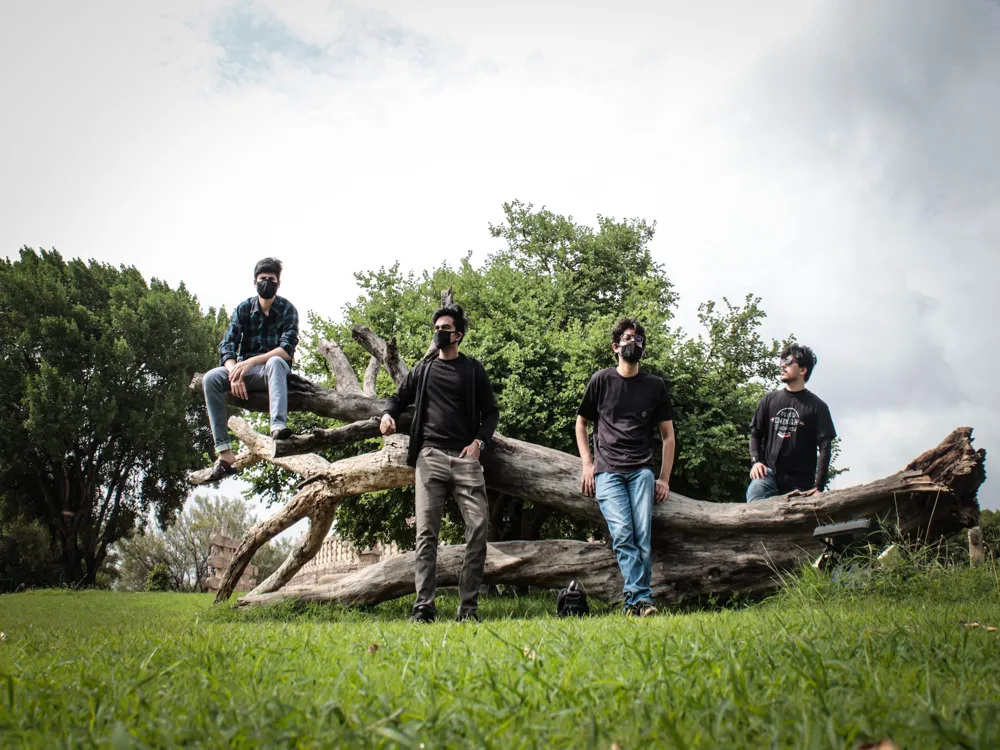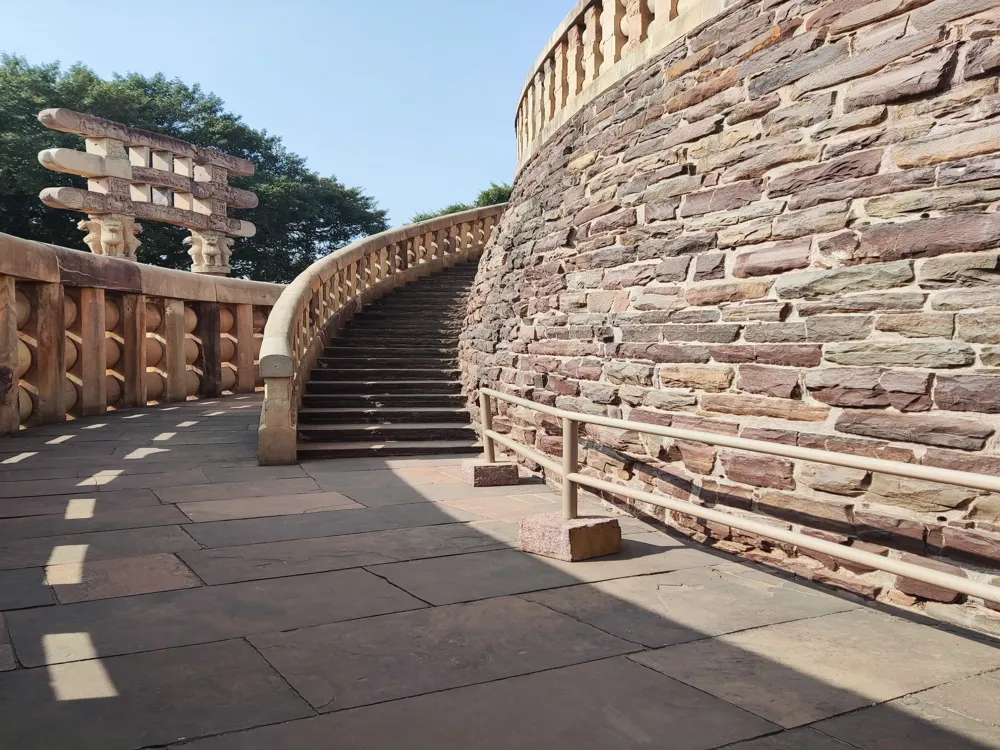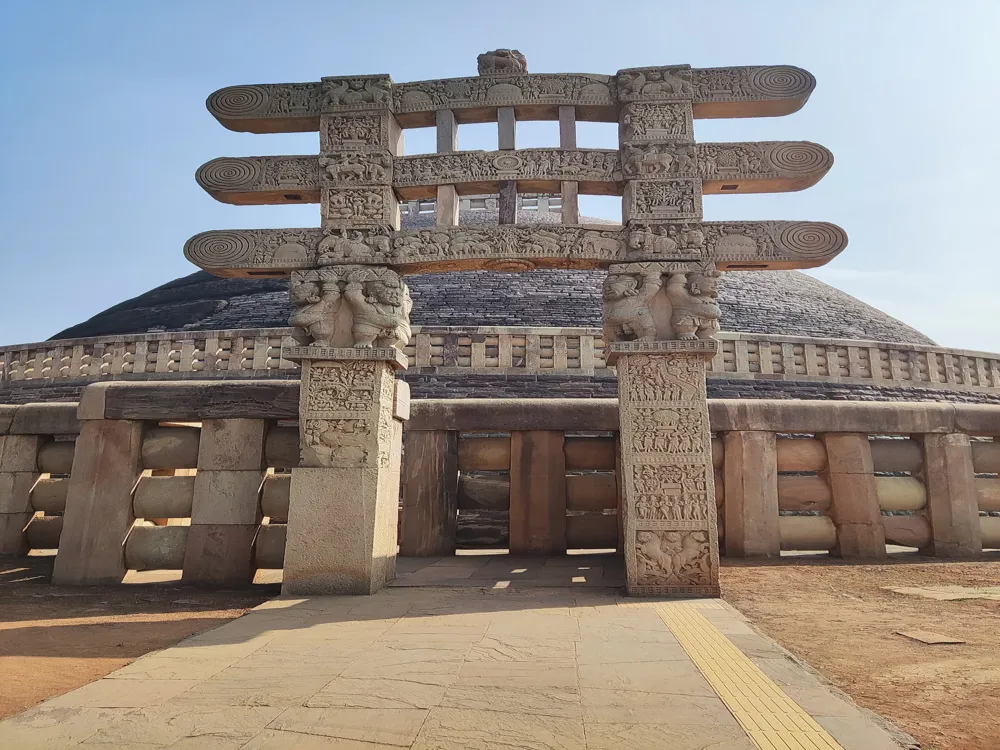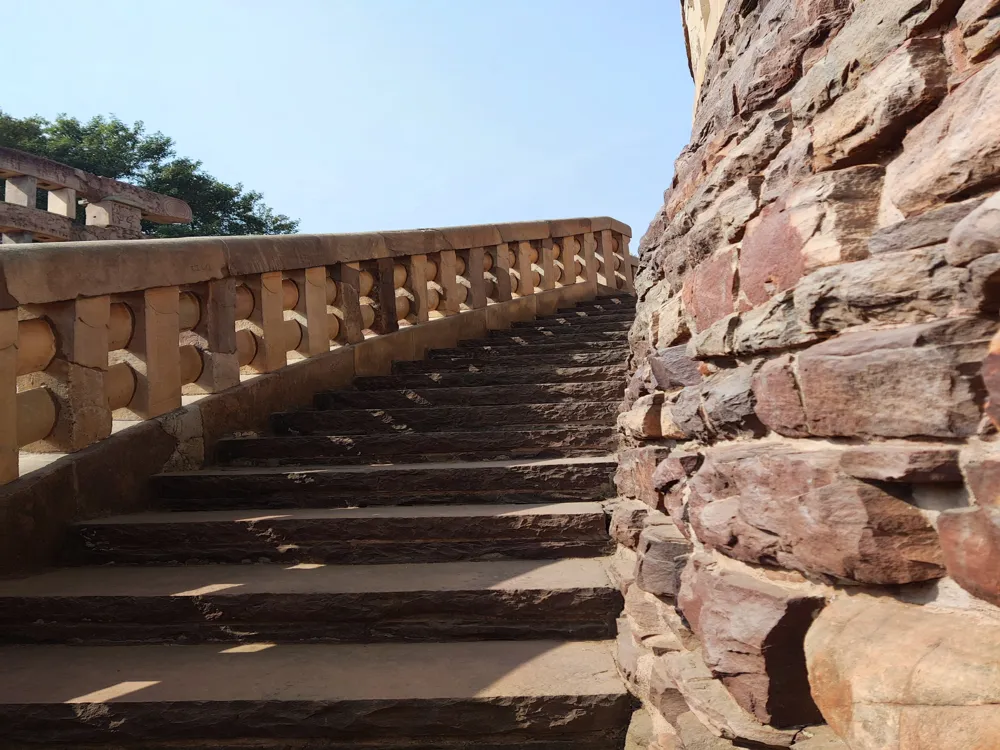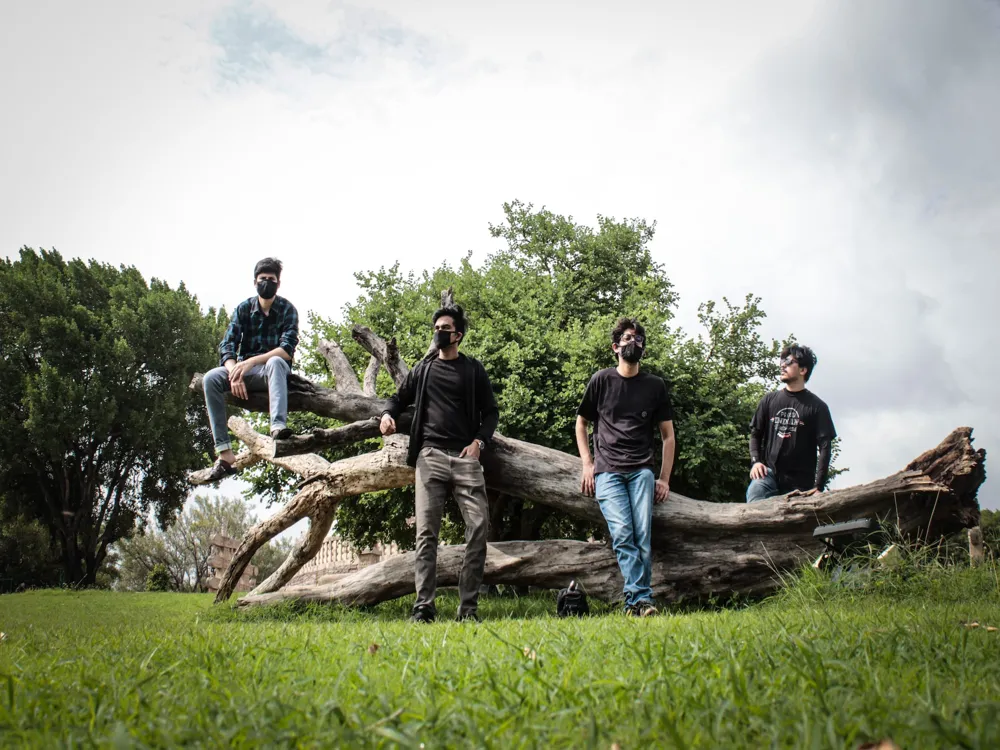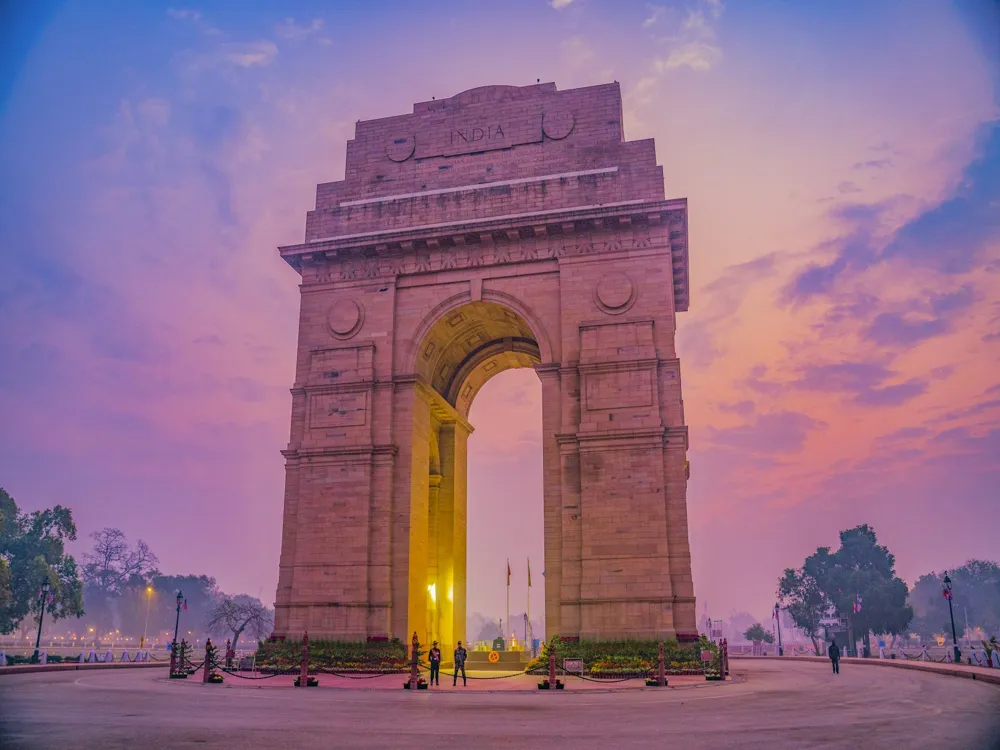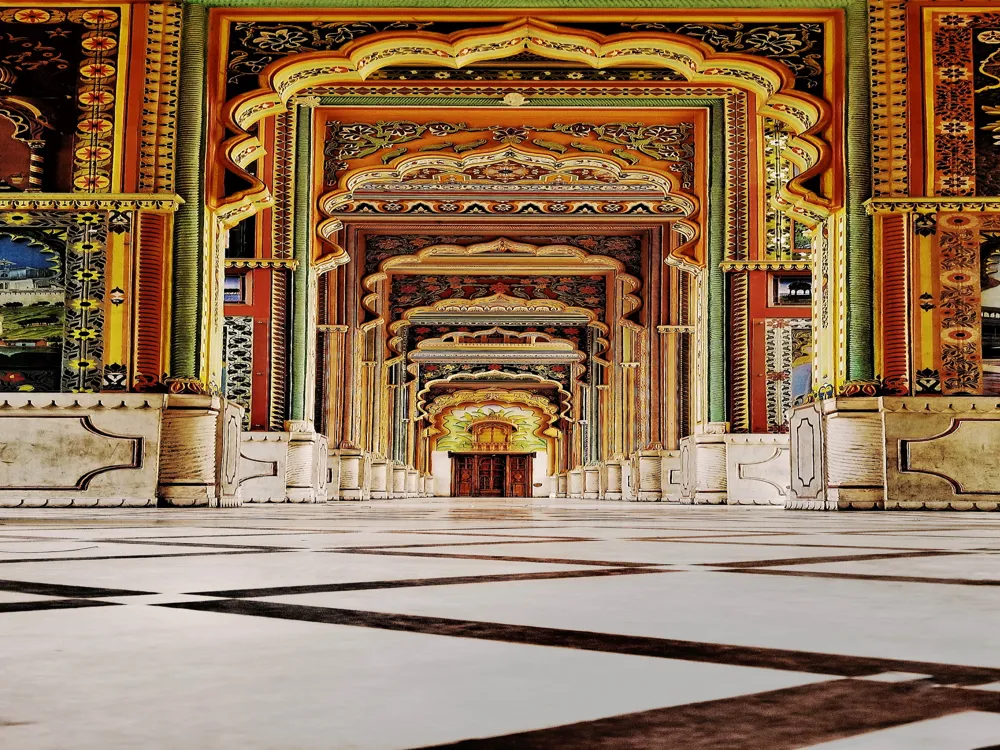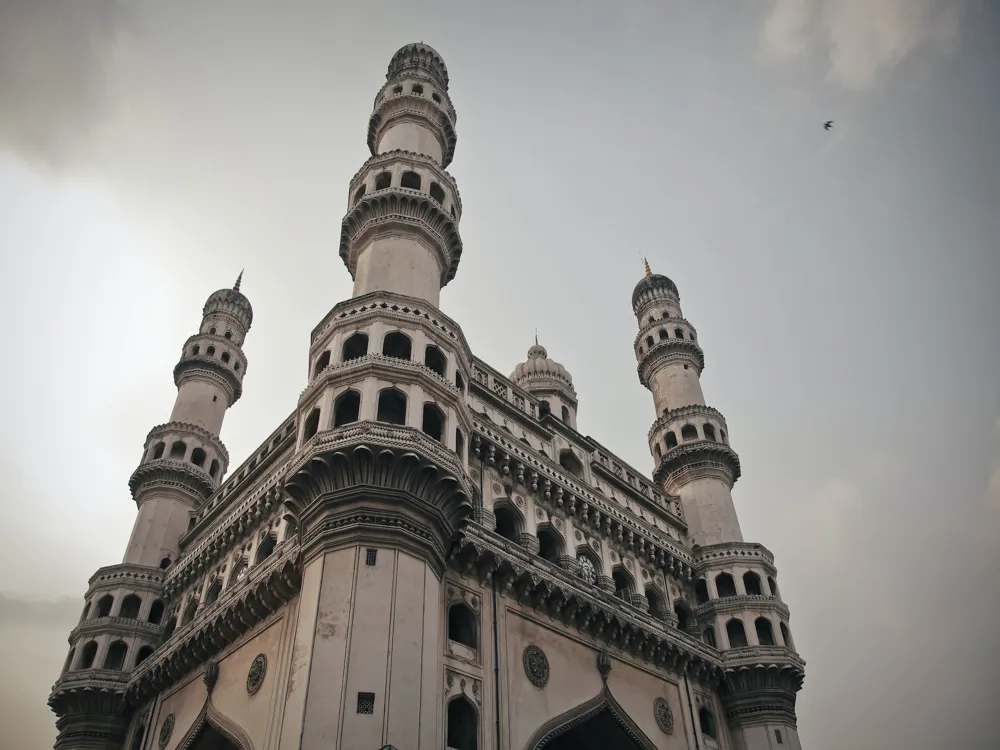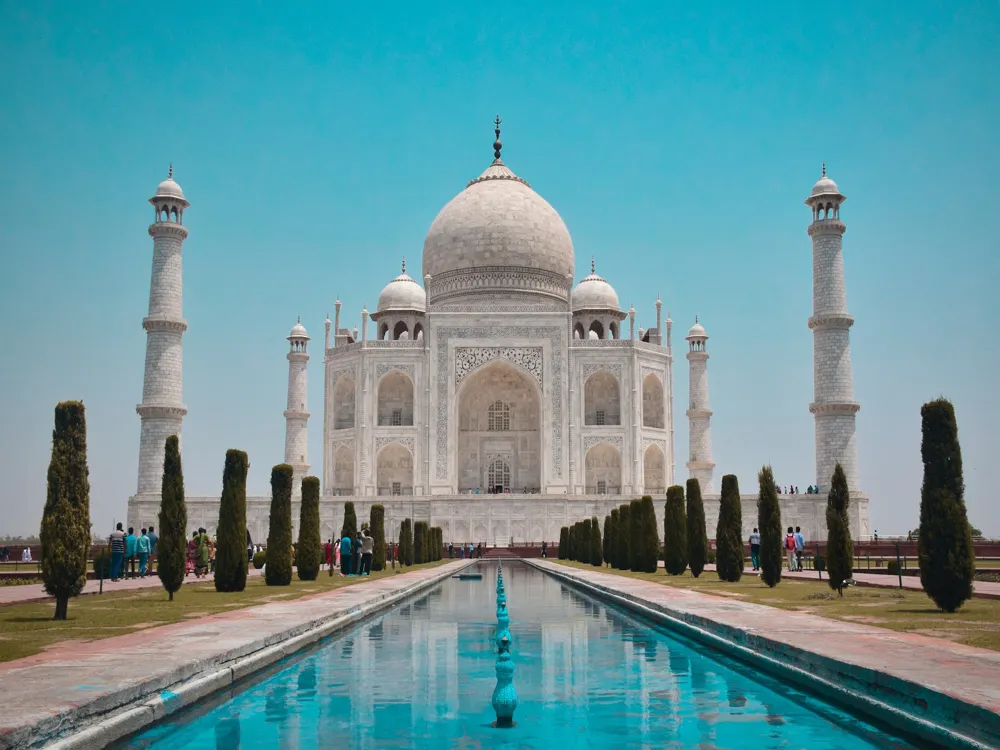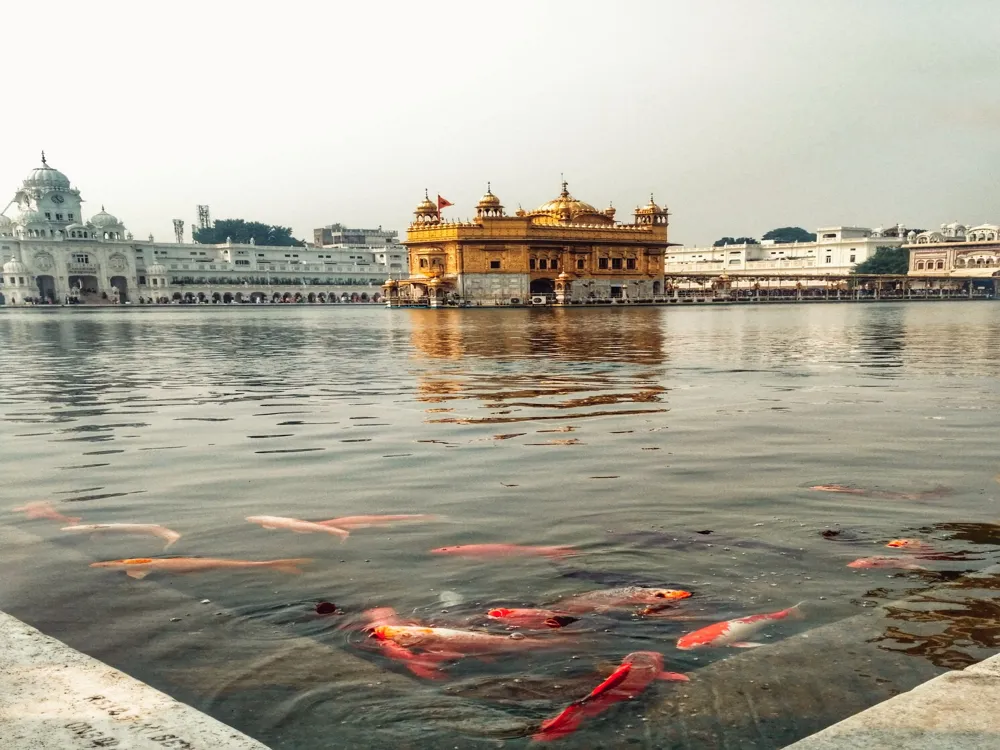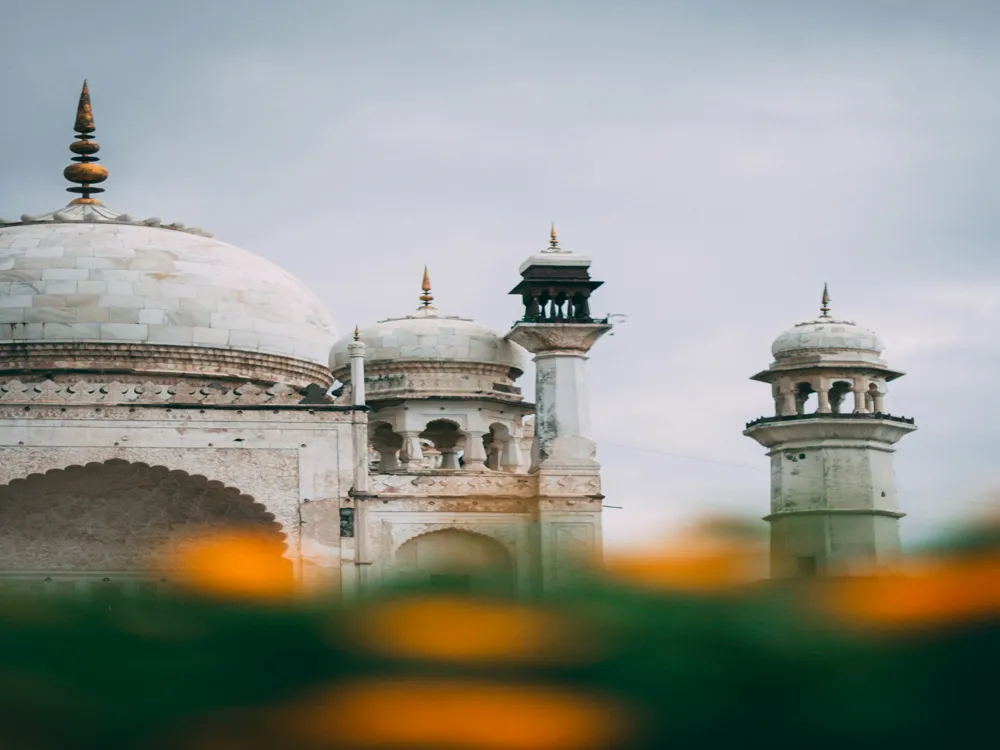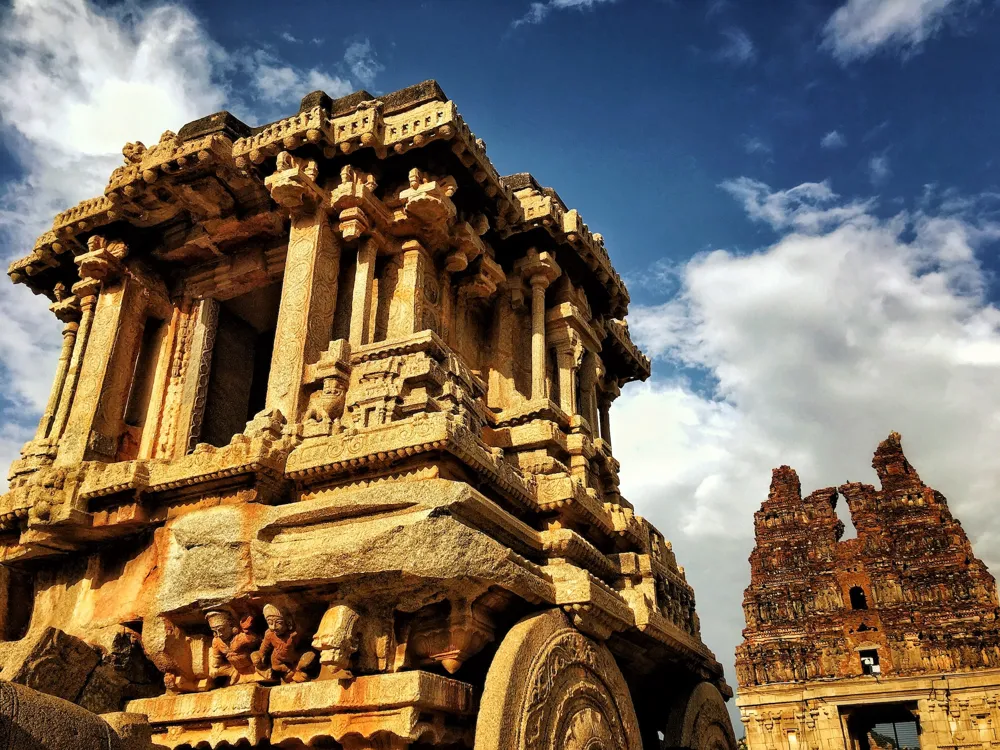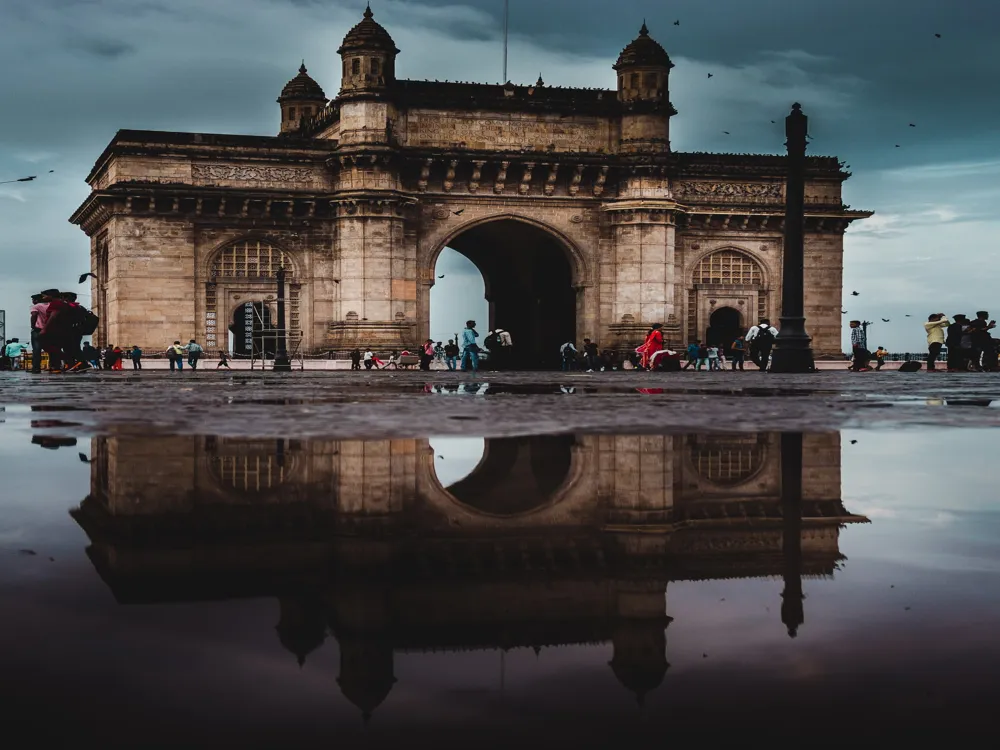Best Time to Visit Sanchi
Madhya Pradesh India
7 out of 27 Places to visit in Madhya PradeshNaN onwards View Packages
Get Customized PackagesThe Land of Diversity
Top Hotel Collections

Private Pool

Luxury Hotels

5-Star Hotels

Pet Friendly
What is the best time to visit Sanchi?
Sanchi, nestled in the heart of Madhya Pradesh, India, boasts a rich cultural heritage and historical significance. Determining the ideal time to visit this revered site involves understanding its varying seasons and climatic conditions.
More about Best Time to Travel to Sanchi
Travel Peak Season in Sanchi
The peak season in Sanchi spans from October to March, offering pleasant weather and comfortable temperatures ranging between 15°C to 25°C. During these months, the site sees an influx of tourists drawn by the favorable climate and the opportunity to explore the ancient stupas and historic monuments in their full grandeur.
Travel Offseason in Sanchi
The offseason in Sanchi, from April to June, experiences scorching temperatures often exceeding 40°C. While the heat might deter some visitors, those undeterred by the weather can find fewer crowds and a quieter ambiance to appreciate the architectural marvels without the hustle and bustle of peak tourism.
Sanchi Travel Packages
View All Packages For Sanchi
Sanchi in Shoulder Season
February and September mark the shoulder seasons in Sanchi. Visitors during these months can enjoy relatively milder weather conditions, moderate temperatures, and fewer crowds compared to the peak season, making it an opportune time for a peaceful exploration.
Sanchi in Hot Season
The hot season, primarily April to June, sees soaring temperatures, making outdoor exploration less comfortable. Travelers sensitive to extreme heat may find this period challenging for extensive sightseeing.
Sanchi in Rainy Season
July to September brings the rainy season to Sanchi. While the showers rejuvenate the surrounding landscapes, they can hinder outdoor activities, and some monuments might have restricted access due to maintenance.
Sanchi in Cool Season
The cool season, from October to March, offers a pleasant climate ideal for exploring the historical wonders of Sanchi. The cooler temperatures make it an inviting time for tourists to immerse themselves in the rich history and cultural heritage of the region.
Places To Visit In Sanchi
View All Places To Visit In SanchiNearby Places Sanchi
Sanchi Photos
View All Photos For SanchiBrowse Package Collections
Browse Hotel Collections
Faq
When is the best time to visit Sanchi Stupa?
The best time to visit Sanchi Stupa is during the winter months, from October to March. The weather is pleasant, and the temperature is conducive to exploring the historical site comfortably.
Why is winter considered the ideal time to visit Sanchi?
Winter in Sanchi is characterized by cool and dry weather, making it comfortable for sightseeing. The temperatures range from 10°C to 25°C, providing a pleasant experience for exploring the ancient stupas and monuments.
Are there any specific months to avoid visiting Sanchi?
It is advisable to avoid the summer months, from April to June, due to the intense heat. The temperatures can soar, making outdoor activities uncomfortable. Monsoon, from July to September, brings heavy rainfall, which may hinder exploration.
What can be expected during the monsoon season in Sanchi?
Monsoon in Sanchi brings heavy rainfall, leading to slippery paths and potential inconvenience for visitors. Landslides and waterlogging may also occur, impacting travel plans. It is recommended to check weather forecasts before planning a visit during this season.
Are there any festivals or events that are significant for a visit to Sanchi?
The International Kalachakra Festival, held every 12 years, is a significant event at Sanchi. Additionally, the Sanchi Festival in December attracts visitors with cultural programs and showcases the rich heritage of the region.

